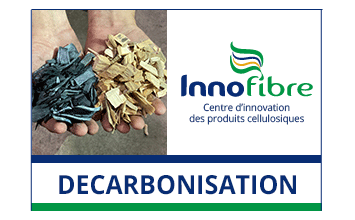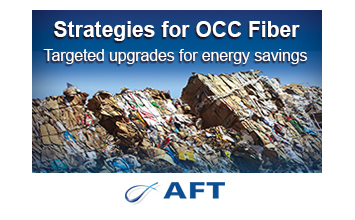On November 22nd, the EU Parliament adopted its position on the Packaging and Packaging Waste Regulation (PPWR).
The Swedish Forest Industries Federation (SFIF) welcomes the position’s recognition of the circularity of fibre-based packaging.
“Paper and board are the most recycled packaging materials in Europe. To exclude transport packaging of paperboard from reuse targets was the only reasonable way to reflect the realities of the recycling system in the EU,” says Viveka Beckeman, SFIF Director General.
Furthermore, a number of key concepts have been improved in the position, which will be important for the pragmatic implementation of the upcoming legislation.
“Definitions play a crucial role in these contexts, and it’s very positive that concerning recycling, focus is on the quality of recycled materials and their potential to substitute primary raw materials,” says Kai-Yee Thim, Director Product Policy at SFIF.
Complementary solutions
SFIF would like to emphasize that recyclability and the re-use of packaging are complementary solutions. It is therefore important that both solutions contribute to the overall objejtive of reducing packaging waste.
“The proposed minimization of empty space ration is intended to improve packaging, but to exempt reusable packaging from this requirement is unreasonable. This exemption risks incentivising the use of reusable packaging that is unfit for purpose. The minimization of empty space should apply to all packaging regardless of whether packaging is for single use or reuse,” says Thim.
Background and next steps
The PPWR is a follow up to the Circular Economy Action Plan (CEAP) and a revision of the current Packaging and Packaging Waste Directive (PPWD). It seeks to address the increasing generation of packaging waste, barriers to packaging recycling and re-use, and the low quality of recycled plastic packaging which results in a lack of plastics being used as secondary raw materials.
The European Council is expected to reach a general approach on December 18th, and the trialogue is then expected first quarter of 2024.
Source: Swedish Forest Industries













